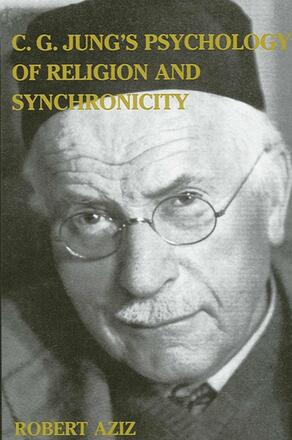
C. G. Jung's Psychology of Religion and Synchronicity
Alternative formats available from:
Explores our answerability and responsibility to the world.
Description
The unique contribution of this work is essentially threefold. First, it provides a theoretical framework for the study of synchronistic phenomena—a framework that enables us to view these phenomena in relation to Jung's model of the psyche and his concept of psychic compensation. Second, this book explores the significant role that these events played in Jung's life and work. And third, by way of a careful examination of the synchronicity theory in relation to the process Jung terms individuation, an examination in which considerable case material is presented, the specific import of this seminal concept for Jung's psychology of religion is disclosed.
Robert Aziz, Ph. D., is a therapist in private practice in London, Ontario. He is a sessional lecturer in the Faculty of Part-Time and Continuing Education at the University of Western Ontario, where he teaches Jungian Psychology, and in the Department of Religion and Culture at Wilfrid Laurier University, where he teaches a course, Psychology of Religion.
Reviews
"This is the most stimulating writing on Carl Jung I have read for some time. It resolves two issues which in Jung's own writing and in the secondary sources had remained unclear: the notion of synchronicity and the degree to which individuation involves the external world as well as the inner archetypes. This is a most significant scholarly accomplishment. Throughout, the writing is clear and concise, and the argument is solidly founded on the research sources. " — Harold Coward, University of Calgary
"In this groundbreaking work, Robert Aziz explores the most pressing issue still confronting Jungian psychology, that issue being our answerability and responsibility to the world. The interaction between the inner and the outer—in which for too long the inner has been given almost exclusive priority—is rebalanced in this important volume. Synchronicity as interpreted by Aziz avoids priorities and affirms an interaction between equals: nature within and nature without. " — Marion Woodman, Jungian Analyst, Toronto
"This work is extremely important because it shows through a combination of scholarly research, analysis, and extensive use of examples that Jung's concept of synchronicity is the dynamic essence of his psychology of religion. " — Marian L. Pauson, Director, Graduate Program of Studies in Jungian Thought, Old Dominion University